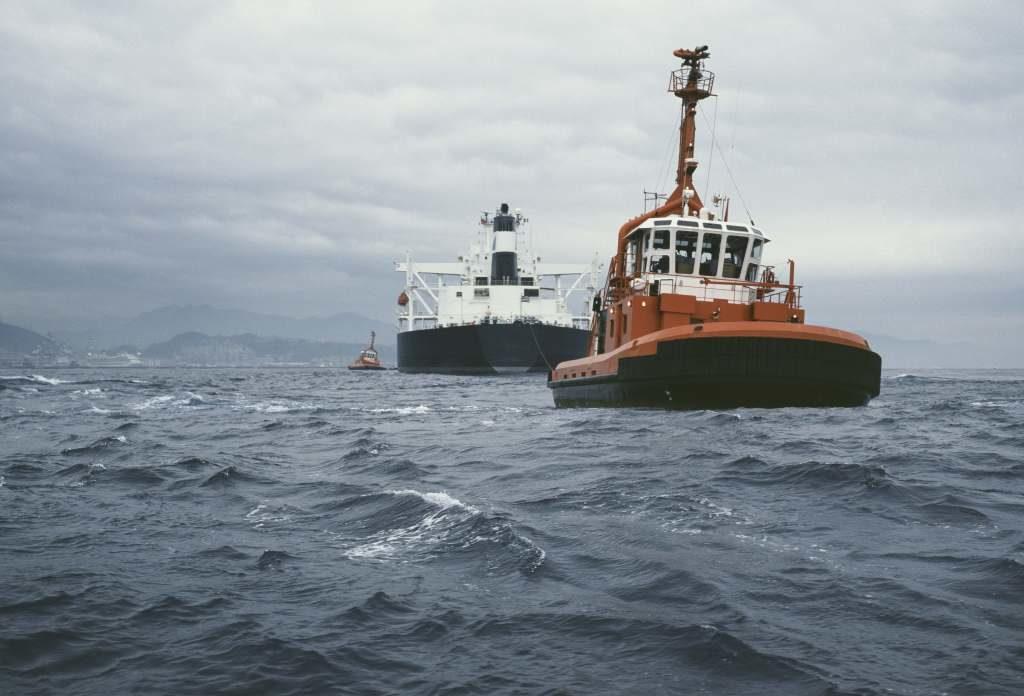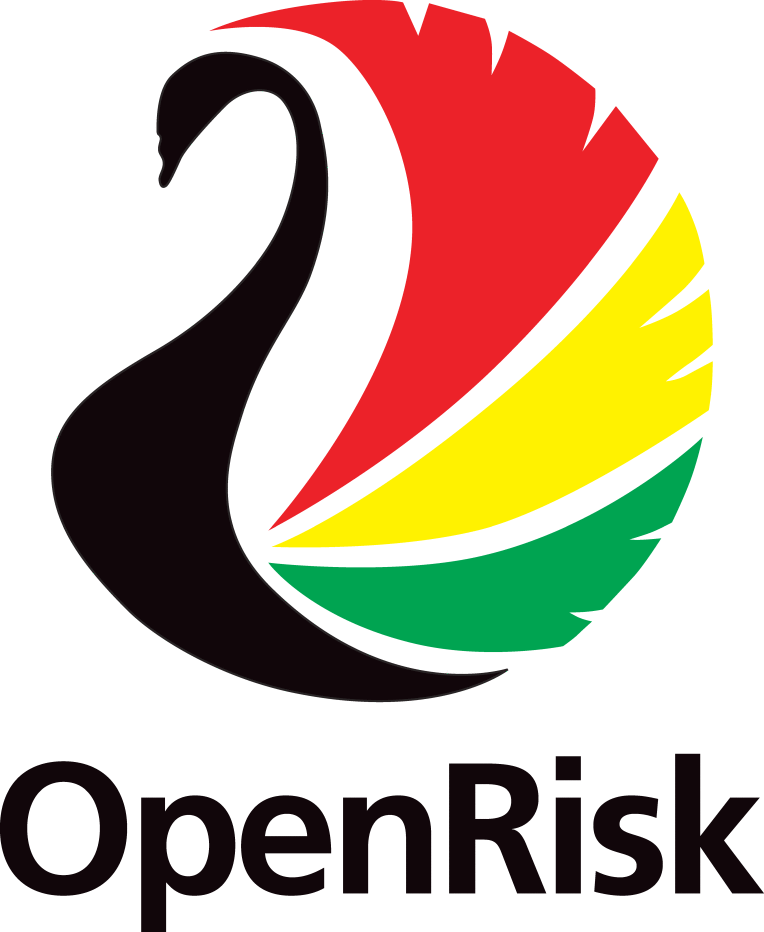OPENRISK

OPENRISK is a two year EU project on methods for maritime risk assessments on accidental spills.
The project will take the first steps on developing a joint and fully open method toolbox for risk assessments of spills resulting from maritime accidents.
OPENRISK is co-financed by the EU – Civil Protection Financial Instrument as project 2016/PREV/26, has a total budget of EUR 0.5M and runs for two years (2017-18).
The Lead
Partner HELCOM (www.helcom.fi) is an intergovernmental organization made
up of the nine Baltic Sea coastal countries and the European Union.
Founded in 1974 as the governing body of the Helsinki Convention, its
aim is to protect the marine environment of the Baltic Sea from all
sources of pollution -including spills from maritime accidents.
Partner World Maritime University-WMU (www.wmu.se) is an IMO affiliated university based in Malmö.
Partner Marin (www.marin.nl) is a non-profit maritime research institution based in the Netherlands.
Partner Finnish Environmental Institute/SYKE (www.syke.fi) is the competent national oil spill response authority in Finland.
The
project is also supported by the BONN Agreement (North Sea), the
Copenhagen Agreement (Nordic seas), REMPEC (Mediterranean), as well as
the Norwegian Coastal Administration, all of which aim to participate in
project events. Also other organisations will be welcome.
Accidents and spills at sea
Despite
the increased focus on maritime safety, the risk of ship accidents and
related spills remains a cause of concern in Europe.
Countries carry out maritime risk assessments to optimize pollution Prevention, Preparedness and Response (PPR) to address this worry. To do so, they estimate the likelihood of accidents at sea, as well as their potential impacts.
A risk assessment means systematically identifying, evaluating and analysing risks. By getting a full picture of risks, accidents can be better prevented and their consequences minimized with optimized risk reduction measures.
Safety improvement measures aimed at preventing accidents are likely much less costly than response efforts. As the old saying goes: if you think safety is expensive, try an accident.
New safety-minded thinking also encourages maritime actors to boost their resilience in order to avoid unwanted events and deal with them when they occur.
Why should spill risks be assessed regionally?
Accidents do not necessarily respect borders. Larger spills, for instance, may extend beyond national areas, requiring responses from several countries. Working with neighbouring countries at the assessment stage is the best way to ensure all parties are aware of the likelihood of incidents and what to do when they happen.
In “regional” sea areas such as the Baltic Sea, the North Sea and the Mediterranean, dedicated intergovernmental organizations have been established to consider joint PPR measures.
Recent regional risk assessments include: HELCOM BRISK and BRISK-RU in the Baltic (2009-2012), BONN BE-AWARE I and II in the greater North Sea (2012-2014) and REMPEC MEDESS-4MS in the Mediterranean (2012-2015).
Open and robust methods needed
Maritime
risk assessments are vital to promoting risk-based decision-making in
preparedness and response. Current practices, however, must be improved.
One ongoing challenge is that results of risk assessments are typically valid for a limited period, as the world changes constantly.
Recent national and regional risk assessments have been largely one-off projects, with results rarely being comparable across time or space.
These have caused difficulties in following how the risks of accidents, and pollution, develop over time and monitoring the efficiency of policy measures.
Lack of full access to the details of the decision models, makes it sometimes tough to justify the high costs of safety measures in national processes.
New approaches are greatly needed to address these issues and use the full potential of risk assessments.
OpenRisk project takes first step
The OpenRisk project will take the first step in developing a toolbox of joint and open methods that enable frequent assessments of spill risks from maritime accidents.
The expected main end users are national authorities and regional organizations working on spill prevention, preparedness and response. As such, the project focusses on risks related to spills from ship accidents.
More specifically, OpenRisk will work to develop methods for identifying:
- high risk areas,
- potential measures for accident risk reduction, and
- improved preparedness and response measures.
In addition, a Baltic Sea case study will be carried out to test and improve the tools developed.
The OpenRisk project also presents an excellent opportunity to create an inter-regional dialogue. It aims to establish best practices for risk assessments of spills between regional response organizations, including HELCOM, BONN, REMPEC, Copenhagen Agreement, as well as EU bodies.
A further objective is to encourage the development of risk assessment tools that can be used well into the future.

